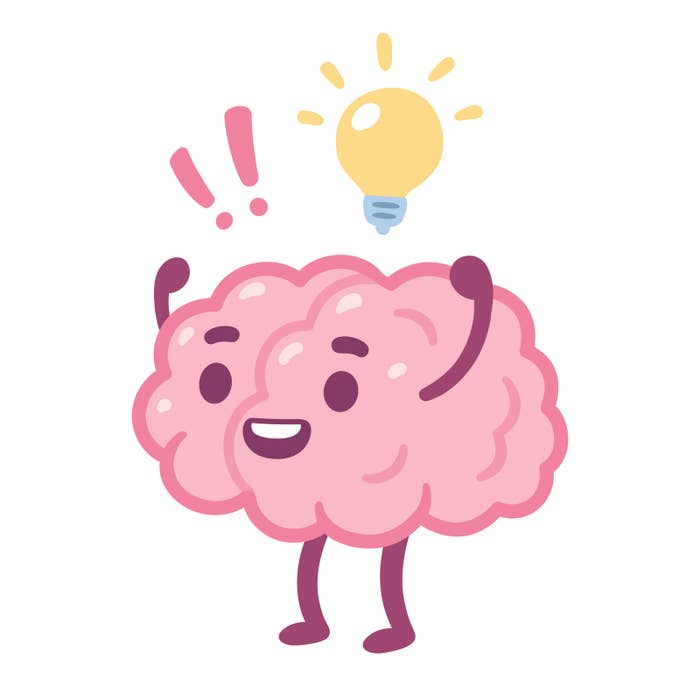
A new study found that activity seems to protect older people from dementia, even if they have brain changes normally associated with Alzheimer's disease.
The study results are "very empowering," said lead author Dr. Aron Buchman, professor of neurological sciences at the Rush University Medical Center in Chicago. "Rather than just talking about all the things that go wrong in older people, there is a developing literature there are resilience factors that can really make a difference."
Buchman and colleagues looked at 454 people who were unusually committed to taking part in the research. So much so, that they had been taking annual memory and other tests for about 20 years and had agreed to donate their brains after death. This allowed the researchers to check for brain changes linked to dementia and Alzheimer's disease, which can only be diagnosed definitively at autopsy.
All of them wore an activity tracker on their wrist for 7 to 10 days about two years before they died. (The average age at death was 91.) The trackers measured movement in all directions, but couldn't really differentiate between types of movement. Overall, 191 had dementia and 263 did not.
The researchers found that people who were more active had a lower risk of dementia than those who were less active, even if they had a number of different brain changes at autopsy that are normally associated with Alzheimer's disease or other problems.
"The devices can’t tell the difference between cutting onions and sewing and sweeping the floor and going to the gym," Buchman told BuzzFeed News. "So it seems like a generic total effect that anything you can do — even if you can’t get out the front door to go to the gym because you are limited at home — if you increase your level of activity it seems to be better for you."
And for those of you who want to give it a try, the researchers can't really give a specific amount of activity that is "enough." They aggregated all the movements into a "counts per day" number, and people with dementia had about 130,000 counts per day compared with 180,000 counts per day in those without it, according to the study published this week in Neurology.
"This is an exciting, 'state of the art' approach to looking at movement as a measure of physical exercise, and the ability of exercise to help build cognitive reserve and stave off dementia," Dr. Sam Gandy, director of the Mount Sinai Center for Cognitive Health and NFL Neurological Care in New York, told BuzzFeed News by email.
"There is good evidence from several trials that indeed weight training and brisk walking can stave off dementia," added Gandy, who was not involved in the study.

The study has some limitations, however.
For example, the researchers only looked at activity in one week of the volunteers' lives. They couldn't tell if they were lifelong runners or were just more active than their peers in old age.
And this type of study can't prove that if you make a life change — like getting more exercise — it will actually prevent memory decline or Alzheimer's disease.
"I can't tell you for sure that if you actually were a couch potato for most of your life and now you read this report and decided you were going to get active ... that’s it’s definitely going to help," Buchman said. "I can’t tell you it’s going to hurt you, either — there are a lot of health benefits for an active lifestyle."
Plus, it's possible that people were less active because they had early signs of dementia. The researchers did take this into account as much possible, and when they looked at "people with and without dementia we still found the benefit of activity," Buchman said.
It's possible though that people who were sedentary "might already have had subclinical dementia and that subclinical brain disease could be why they are not moving around as subjects with normal cognition," Gandy said.
